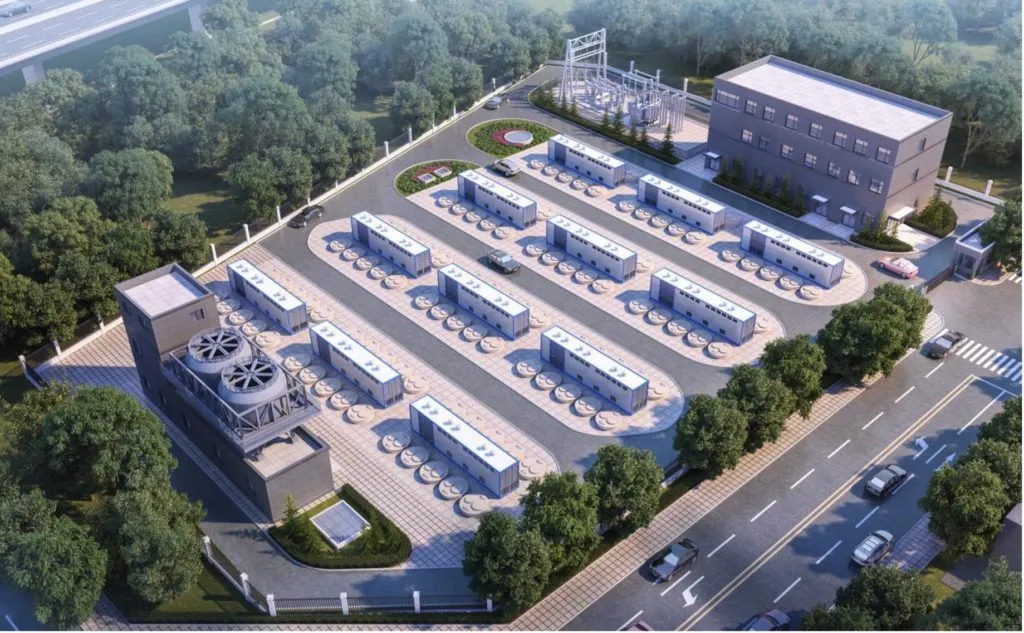In the rapidly evolving landscape of energy storage, a groundbreaking study from Northeastern University in Shenyang, China, is set to revolutionize how we manage and utilize high-power energy storage systems. Led by Shijie Yan from the College of Information Science and Engineering, this research tackles a critical challenge in the deployment of modular multilevel converter (MMC)-based energy storage systems, paving the way for more efficient and reliable grid-level energy storage solutions.
At the heart of the study is the issue of state of charge (SOC) balancing. In high-power energy storage systems, numerous energy storage units are cascaded to achieve the desired power output. However, this setup often leads to SOC imbalances, which can degrade performance and reduce the lifespan of the storage units. Yan and his team have developed a novel SOC balancing control method that promises to address this problem head-on.
The key to their approach lies in modeling the high-power energy storage system as a multi-agent system. “By treating each energy storage unit as an agent, we can design a more intelligent and adaptive control strategy,” explains Yan. This multi-agent model allows for more precise and dynamic management of SOC, ensuring that all units operate in harmony.
But the innovation doesn’t stop there. The researchers have also employed an event-triggered control method, which optimizes information transmission and operation periods. This not only reduces the amount of communication and computation required but also enhances the overall efficiency of the system. “Event-triggered control is a game-changer,” says Yan. “It allows us to achieve the same level of performance with significantly less computational overhead.”
To further streamline the process, the team designed observers to estimate battery current, cutting in half the amount of status information that needs to be collected. This reduction in data collection not only simplifies the system but also makes it more robust and less prone to errors.
The practical implications of this research are immense. As the energy sector continues to shift towards renewable sources, the need for efficient and reliable energy storage solutions becomes ever more pressing. MMC-based energy storage systems, with their ability to handle high power transmission, are poised to play a crucial role in this transition. By addressing the SOC balancing issue, Yan’s research ensures that these systems can operate at peak efficiency, providing a stable and reliable energy supply.
The study, published in the Chinese Society for Electrical Engineering Journal of Power and Energy Systems, represents a significant step forward in the field of energy storage. As the energy sector looks to the future, the insights and innovations from this research will undoubtedly shape the development of next-generation energy storage technologies. With the potential to enhance grid stability, reduce operational costs, and extend the lifespan of energy storage units, this research holds the promise of a more sustainable and efficient energy future.

